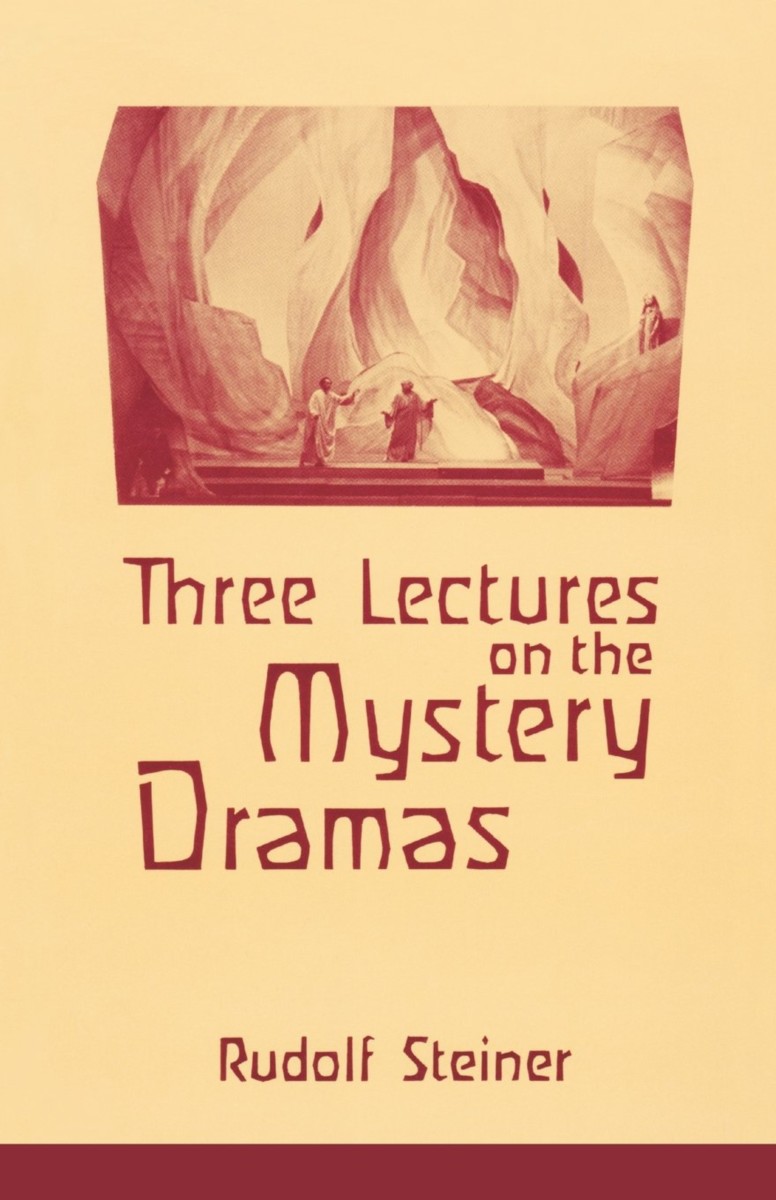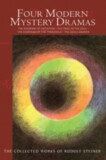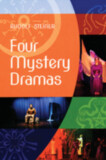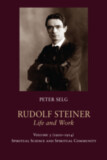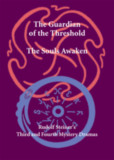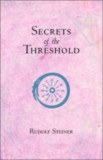Three Lectures on the Mystery Dramas
The Portal of Initiation and the Soul's Probation (CW 125)
- Publisher
SteinerBooks - Published
1st August 1983 - ISBN 9780880100601
- Language English
- Pages 108 pp.
- Size 5.5" x 8.5"
3 lectures, Basel and Berlin, Sept. 17, 1910 – Dec. 19, 1911 (CW 125)
Rudolf Steiner wrote four mystery dramas intended to portray the spiritual path of self-knowledge as described by spiritual science, or Anthroposophy. Those plays are not merely symbolic but realistic depictions in a spiritual sense.
In this book, Steiner describes how "The Portal of Initiation" (the first of his dramas) portrays the intense and tempestuous inner events of initiation as experienced by a young painter. He explains the spiritual background of this character's "karmic" tests and higher guidance. He also discusses the Rosicrucian nature of this play, as well as the "symbolism and fantasy" of the second drama, "The Soul's Probation." Steiner also emphasizes the power of certain fairy tales and poetry for bridging the gap between the spiritual and material worlds. As one of the mystery dramas shows, this is especially valuable for those who tend to be intellectuals.
Rudolf Steiner portrayed much of the wisdom of his spiritual science in the mystery dramas and intended them to graphically depict what he taught all his life. As he said, "If people will exert themselves...to work with the drama, I will not have to give any more lectures for a long time."
This book is a translation from German of 3 (of 14) lectures in Wege und Ziele des geistigen Menschen. Lebensfragen im Lichte der Geisteswissenschaft (GA 125).
LECTURES:
1. Self-knowledge as Portrayed in the Rosicrucian Mystery, The Portal of Initiation
2. On the Rosicrucian Mystery, The Portal of Initiation
3. Symbolism and Phantasy in Relation to the Mystery Drama The Soul's Probation
This book is a translation from German of 3 (of 14) lectures in Wege und Ziele des geistigen Menschen. Lebensfragen im Lichte der Geisteswissenschaft (GA 125).
Rudolf Steiner
Rudolf Steiner (b. Rudolf Joseph Lorenz Steiner, 1861–1925) was born in the small village of Kraljevec, Austro-Hungarian Empire (now in Croatia), where he grew up. As a young man, he lived in Weimar and Berlin, where he became a well-published scientific, literary, and philosophical scholar, known especially for his work with Goethe’s scientific writings. Steiner termed his spiritual philosophy anthroposophy, meaning “wisdom of the human being.” As an exceptionally developed seer, he based his work on direct knowledge and perception of spiritual dimensions. He initiated a modern, universal “spiritual science” that is accessible to anyone willing to exercise clear and unbiased thinking. From his spiritual investigations, Steiner provided suggestions for the renewal of numerous activities, including education (general and for special needs), agriculture, medicine, economics, architecture, science, philosophy, Christianity, and the arts. There are currently thousands of schools, clinics, farms, and initiatives in other fields that involve practical work based on the principles Steiner developed. His many published works feature his research into the spiritual nature of human beings, the evolution of the world and humanity, and methods for personal development. He wrote some thirty books and delivered more than six thousand lectures throughout much of Europe. In 1924, Steiner founded the General Anthroposophical Society, which today has branches around the world.


